Modern agricultural practices have been transformed into a massive global industry from just simple crop and animal production practices over the decades. The technological enhancement and developments in various arenas of modern agricultural sciences and engineering have been shifting from the traditional (conventional) agricultural practices towards many new and innovative, non-traditional (non-conventional) practices that is changing global agricultural productivity, adding new products to the global markets, increasing agricultural acreages around the planet and shaping policies and impacting agricultural biodiversity in a significant manner.
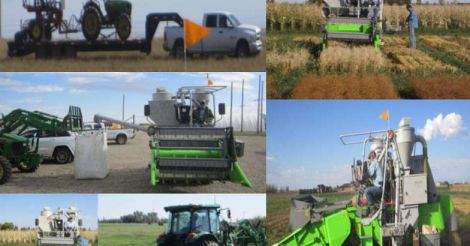 Photo: Saikat Kumar Basu
Photo: Saikat Kumar BasuNo doubt the new technologies innovated and adopted across the globe have very successfully and significantly increased crop and animal production, adding several new genetic traits and lines to existing global germplasms of various crops and animals. However, they have also impacted in the gradual but rapid loss and erosion of global agricultural biodiversity in an alarming proportion.
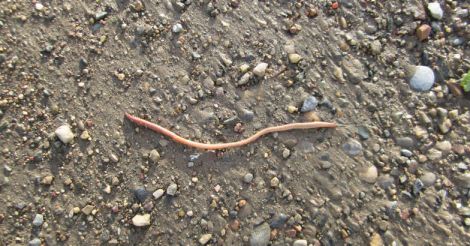 Photo: Saikat Kumar Basu
Photo: Saikat Kumar BasuWhile modern agricultural technology must be credited for the huge successes they have generated over the past six decades in terms of production, developing resistance in crops, and animals against various diseases, biotic and abiotic stresses to new heights in terms of innovative research and developments in various traditional as well as new branches of research in agricultural chemistry, agricultural microbiology, soil and weed sciences, agricultural meteorology, precision agronomy, variable rate technology, drone technology, molecular biology, molecular genetics, biotechnology, plant pathology, farm mechanization and agricultural engineering, irrigation technology, dairy technology, animal husbandry and veterinary sciences is in one simple word ‘monumental’ in terms of human achievement!
 Photo: Saikat Kumar Basu
Photo: Saikat Kumar BasuHowever, every action has an equal and opposite reaction and so does these huge monumental developments in agriculture. While it has transformed agriculture into a modern global industry with huge stakes in local, regional as well as international markets, increased funding and employment opportunities, but at the same time, negatively impacted our local ecosystems and environments. The trend of over application of newly discovered, highly toxic agricultural chemicals in the agricultural fields around the globe for securing bumper crop production has been proving detrimental in terms of our long-term eco-environmental security. Many of these harmful and highly toxic chemicals used in the agricultural fields (such as synthetic chemical fertilizers, pesticides, insecticides, herbicides, weedicides, algicides, molluscicides etc) together with various adjuvant, desiccants, surfactants, plant and animal growth hormones (growth regulator) residues are being washed into the nearby surface water bodies via irrigation or rainwater.
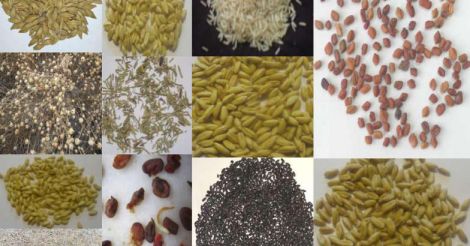 Photo: Saikat Kumar Basu
Photo: Saikat Kumar BasuSome of these toxic chemicals with poor biodegradability and long shelf life are accumulating in the soil as chemical residues and impacting the natural ecosystem of soil, often changing the soil microbioata drastically or killing them in large numbers over time. Some of these chemicals have percolated into the soil and accumulated in alarming levels in the groundwater, contaminating them for any human or animal consumption or for even domestic use. The worst impacts have been observed across fresh waterbodies, as well as estuarine and marine areas adjacent to major agricultural operations and crop fields. Water heavily contaminated with agricultural chemicals are flowing into these natural ecosystems and drastically altering physico-biochemical properties of fresh or marine water in terms of pH, biological oxygen demand, biochemical oxygen demand, hardness, proportions of different toxic heavy metals, inorganic and organic salts, various agricultural adjuvant, surfactants, detergents and desiccants as well as plant and animal growth regulators (hormones) drastically impacting aquatic ecosystems on a long-term basis
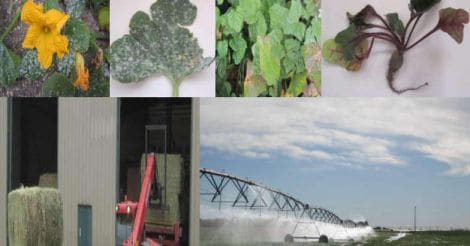 Photo: Saikat Kumar Basu
Photo: Saikat Kumar BasuEutrophication of freshwater bodies in rural areas and heavily forested belts are one of the most significant detrimental impacts of modern agriculture affecting humans, farm animals, and livestock, as well as local wildlife. The pollution of drinking water has been resulting in serious skin diseases, allergies, gastrointestinal and related diseases and disorders in rural areas. Aggressive and illegal expansion of agriculture into previously forested lands are causing serious conflicts between local wildlife and farming communities. Encroachments into forested areas are making human life seriously vulnerable to attacks or raids by local wildlife in search of food and space, making them come in contacts with farms, crops, domestic animals and settlers with huge loss of life and properties, contamination with chemicals and damages to the standing crops. The close contact with farm animals and livestock also carry the potential danger of transmitting diseases to the wildlife too.
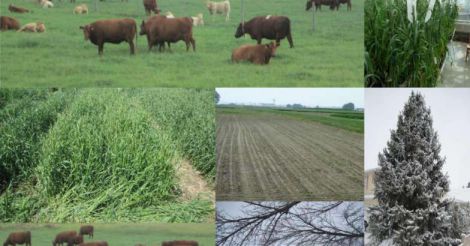 Photo: Saikat Kumar Basu
Photo: Saikat Kumar BasuAlthough some compensation is available, the loss is too big often for the compensation received or allocated under various such circumstances. The entire process has been causing serious damage to the local ecosystems and the environments that the insurance and compensation could cover, including the death of the only earning member of a rural family. Furthermore, indiscriminate spraying of the crop with highly active and toxic agri-chemicals also have long-term negative health impacts for the farmers and farming families in developing and under-developed countries without they actually knowing it. Furthermore, such over applications of toxic agro-chemicals are killing out several non-target species with irreversible damages made to the local ecosystems. Hence, modern agricultural practices while promoting productivity across the globe have also been seriously contributing to detrimental impacts on the local ecosystems and environment.
(The author is a Canada and India based freelance journalist specializing in global geo-political, strategic and foreign policy issues, science & technology and environment & conservation related themes.)

























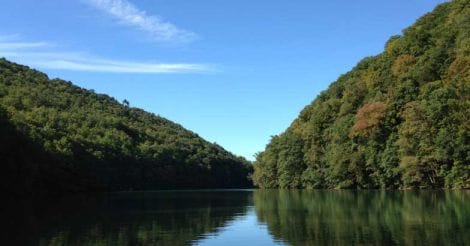 Photo: Rosemarie Calvert
Photo: Rosemarie Calvert